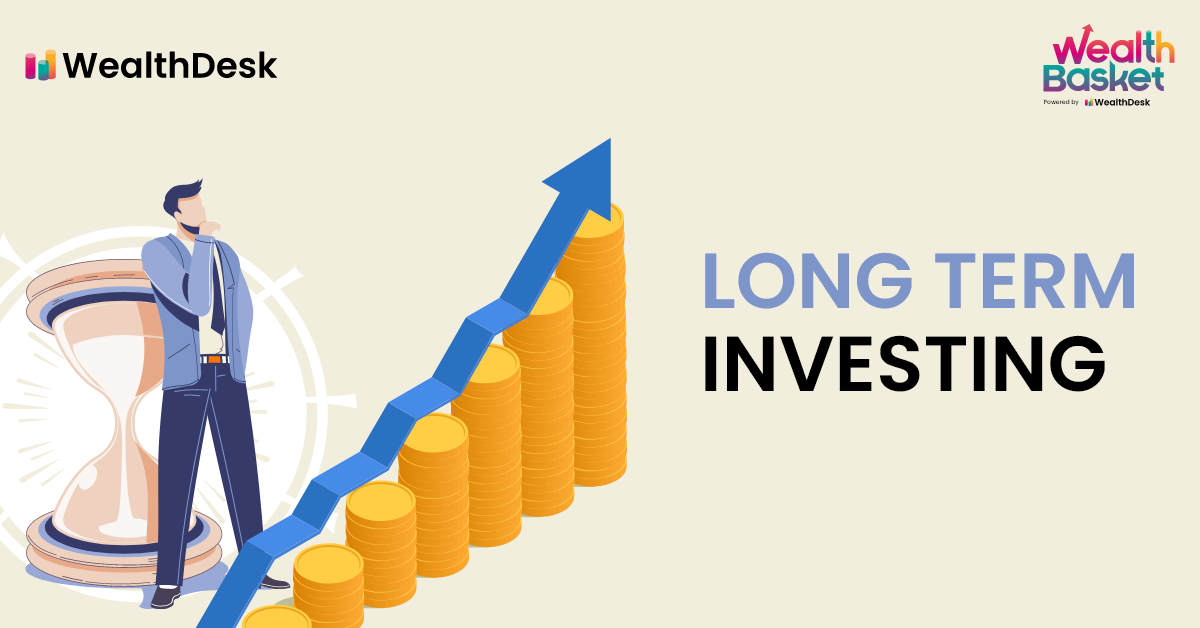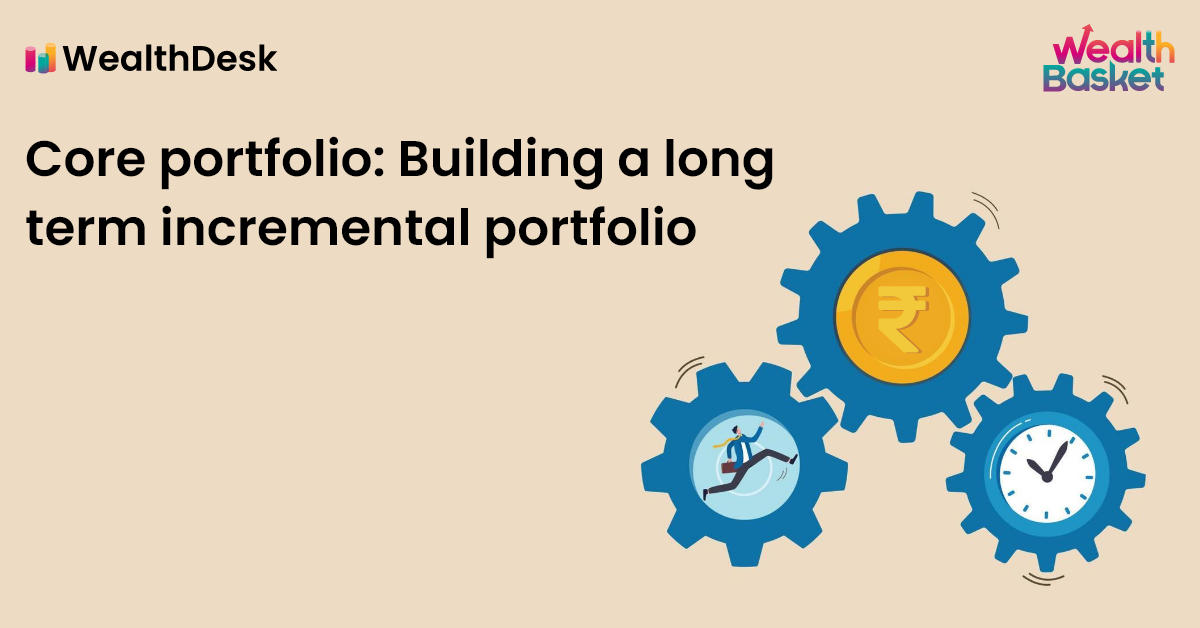Long-term investments refer to the account an individual plans to maintain and keep for more than a year. Such accounts include bonds, stocks, cash, and real estate. They show on the asset sections of the individual’s balance sheet. Investors aiming at long-term investments are always willing to embark on higher risks for the best rewards.
What is a Long Term Investment?
A long-term investment is an extended time of holding an asset. Long term assets could be held for a year or more than 30 years. For individuals, it could be between seven years and ten years. Holding time has no definite rule.
How Long is a Long Term Investment?
So, what is long term investment? Generally, long-term investment refers to a period of at least five years. However, the understanding of your needs of the funds invested gives a proper sense of the investment to choose from. It also determines the level of risk you are ready to take.
Any goal with a duration of less than 3-5 years is short-term, while those with a period of more than 5-7 years are examples of medium to long-term goals. The difference here is the level of risks plus how liquid such a portfolio is to be.
Benefits of Long Term Investment
The benefits of any long term investment lie in the link between time and volatility. Long term investments exhibit lower volatility and offer you tax benefits on your capital gain.
Best Long Term Investment Plan for an Individual
The best long-term investment plan is always at the asset section of the individual’s balance sheet. It represents the person’s investments like real estate, cash, bonds, and stocks for over a year.
If the person buys another individual’s debt or shares of stock as investments, deciding whether to categorize them as a long-term period or short-term influences the value of such assets on a balance sheet.
According to analysts, charges in an individual’s long term asset show impending liquidation to pay current expenditures. And this is a problem when it continues.
Saving with investing for an individual’s retirement is a long term project. Although other expenses are incurred, like buying cars, purchasing houses, and so on, they are multi-year efforts.
Things to Consider for Long Term Investment
-
Solid Research
This would help find the best fund matching an investor’s financial goal. This must be considered before shortlisting. A proportional analysis would guarantee understanding of the performance and guard against its category and benchmark.
-
Broaden Your Horizons in Investments
The best method of balancing risk involves investment diversification. Mutual fund investments are an example. Choosing a fund that invests over numerous sectors enables ideal diversification.
-
Have a Strategy
Having an investment strategy is vital. When it comes to long-term investments, it’s crucial to implement and construct a strategy. Being steadfast is compulsory too. Focus on constant savings. This helps in developing a sturdy corpus.
Short Term vs Long Term
Short-term and long-term investments in mutual funds play a very different role for investors. For low-risk investors, short-term funds are ideal if they don’t want exposure to equities. On the other hand, long-term funds are just suitable for investors willing to take a few risks and remaining stay invested for longer periods.
| Particulars | Short Term Investments | Long Term Investments |
| Duration | Nearly 3 years | Over 5 years |
| Interest Rate | Less intuitive to interest rate cuts | Highly susceptible to interest rate cuts |
| Returns | High returns in contrast to traditional savings methodologies | High returns, the advantage of the compounding power |
| Goals | Apt for short-term goals like car purchases, vacations, etc. | Ideal for long-term goals like child’s education, retirement, etc. |
| Risk | Low hazard when matched up to long-term investments | High risk in comparison to short-term investments |
Go for long term investments now and make the most of your savings with confidence. Why wait? Invest in WealthBaskets Now.
Key Takeaways in Long Term Investments
- All long-term investments are accounts that companies plan to maintain for a very long time, like some years.
- Examples of long-term items are real estate, bonds, stocks, and cash.
- This account shows on an asset side of a firm’s balance sheet
- A long-term investor is ready to embark on a highly risky project for a better reward.
- Whenever firm A invests in firm B and has a significant influence over firm B with low voting shares, the buying price is shown as a long-term investment.
Summing up
Direct stock is the best long term investment in India. It is the most excellent investment channel Indians choose while investing for financial goals, notwithstanding the thousands of long term investment programs. Stock investing might not work for everyone due to its volatile kind of asset without profits assurance. Furthermore, it’s challenging to synchronize your entry and exit. The only bright spot is that, within long periods, equities have outperformed the other types of assets with respect to inflation-adjusted profits.
Simultaneously, until you use the stop-loss methodology to restrain losses, you stand the chance of losing, if possible, a significant amount of your income. A stop-loss option is a purchase order in anticipation of liquidating stock at a particular price. You might diversify between industries as well as market capitalizations to cut down hazards to some point. A Demat account is needed to invest straight in equities. Moreover, banks now allow you to create a three-in-one account.
FAQs
A long-term investment is a bond, stock, real estate or cash account that a firm intends to maintain for a minimum of one year.
A long-term goal is an achievement you desire to fulfill in the future. It needs patience and forethought.


















